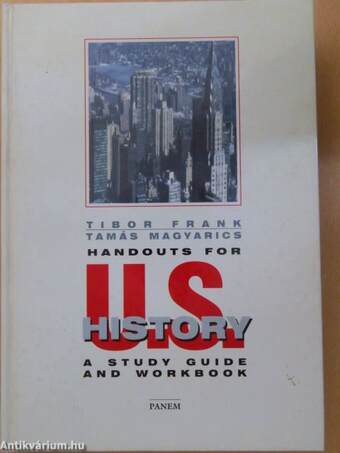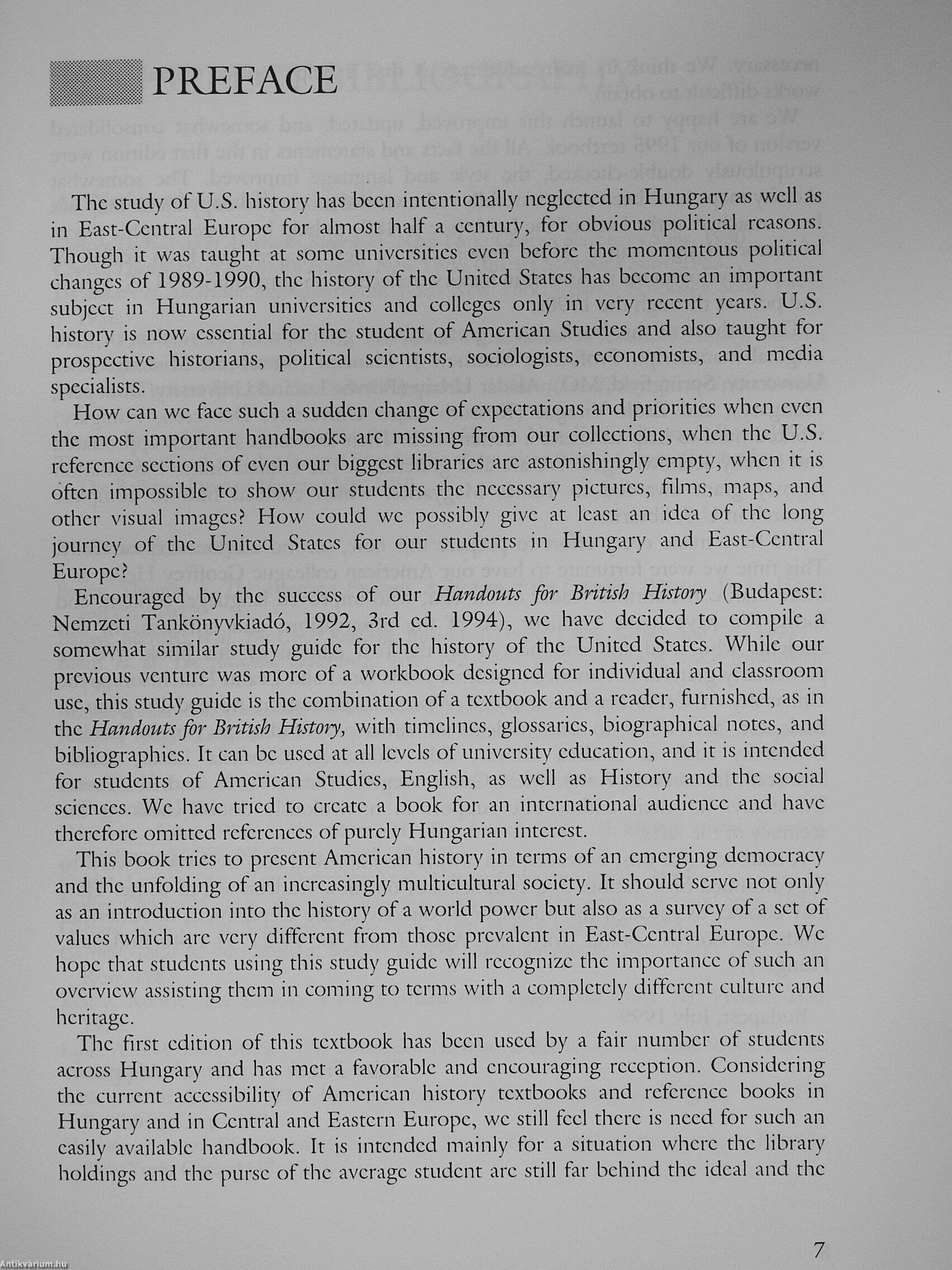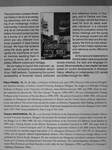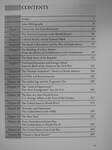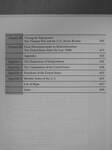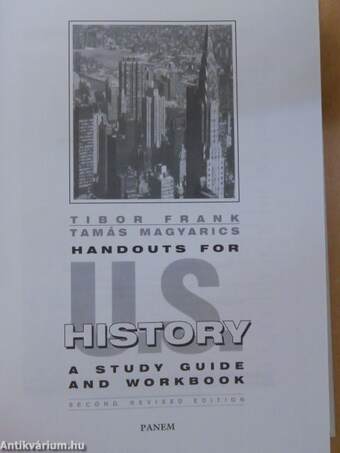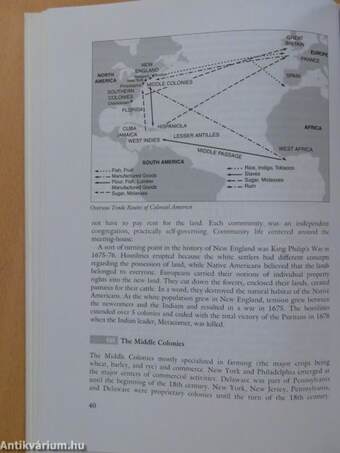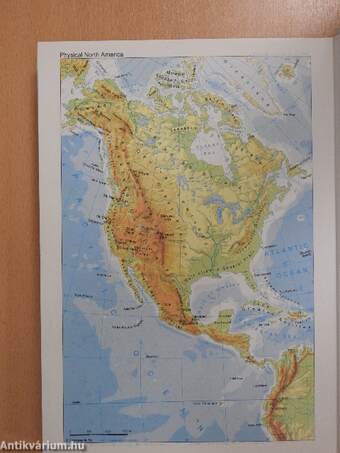1.067.053
kiadvánnyal nyújtjuk Magyarország legnagyobb antikvár könyv-kínálatát

VISSZA
A TETEJÉRE
JAVASLATOKÉszre-
vételek
Handouts for U. S. History
A Study Guide and Workbook
| Kiadó: | Panem Ltd. |
|---|---|
| Kiadás helye: | |
| Kiadás éve: | |
| Kötés típusa: | Fűzött kemény papírkötés |
| Oldalszám: | 479 oldal |
| Sorozatcím: | |
| Kötetszám: | |
| Nyelv: | Angol |
| Méret: | 24 cm x 17 cm |
| ISBN: | 963-545-240-3 |
| Megjegyzés: | Fekete-fehér térképekkel. |
naponta értesítjük a beérkező friss
kiadványokról
naponta értesítjük a beérkező friss
kiadványokról
Előszó
TovábbFülszöveg
and reference books in Hungary and in Central and Eastern Europe, we still feel there is need for such an easily available handbook. It is intended mainly for a situation where the library holdings and the purse of the average student are still far behind the ideal and the necessary. We think its main advantage is that it.helps replace several reference works difficult to obtain.
All the facts and statements in the first edition were scrupulously pletely different culture and heritage. double-checked, the style and language im-
We are happy to launch this improved, up- proved. More importantly, a new chapter has been dated, and somewhat consolidated version added on current developments in American of our 1995 textbook. Considering the current history, reflecting on contemporary U.S. society accessibility of American history textbooks and politics through the 1990s.
Tibor FRANK, Ph. D., D. Litt., is Professor of History and, since 1994, Director of the School of English and... Tovább
Fülszöveg
and reference books in Hungary and in Central and Eastern Europe, we still feel there is need for such an easily available handbook. It is intended mainly for a situation where the library holdings and the purse of the average student are still far behind the ideal and the necessary. We think its main advantage is that it.helps replace several reference works difficult to obtain.
All the facts and statements in the first edition were scrupulously pletely different culture and heritage. double-checked, the style and language im-
We are happy to launch this improved, up- proved. More importantly, a new chapter has been dated, and somewhat consolidated version added on current developments in American of our 1995 textbook. Considering the current history, reflecting on contemporary U.S. society accessibility of American history textbooks and politics through the 1990s.
Tibor FRANK, Ph. D., D. Litt., is Professor of History and, since 1994, Director of the School of English and American Studies, at Eötvös Loránd University, Budapest, Hungary; He taught as a Fulbright Visiting Professor of History at the University of California, Santa Barbara between 1987 and 1990, where he later also initiated and directed the "The New Europe" Program (1994-1997). He was a Distinguished Visiting Professor at the University of Nevada-Reno in 1990-1991. His period of research is 1848-1945, with special emphasis on Hungarian and Habsburg connections to Britain and the United States, political, diplomatic, social, and cultural. His recent books include his studies on Ethnicity, Propaganda, Myth-Making, published by Akadémiai Kiadó, Budapest; and Genius in Exile: Professional Immigration from Intenvar Hungary to the United States 1919-1945, being published by Peter Lang in New York.
Tamás MAGYARICS, Ph. D., is an Associate Professor at the Department of American Studies, Eötvös Loránd University, Budapest, Hungary. He attended the Graduate School of Louisiana State University, Baton Rouge, LA in 1984-1986. He was a Visiting Professor at the University of California, Santa Barbara in 1991 and a Visiting Scholar at the Hoover Institution at Stanford University in 1997. His major field of research is U.S.-Central European and U.S.-Hungarian diplomatic relations in the 20th century. His recent work includes Az amerikai-magyar kapcsolatok, (U.S.-Hungarian Relations) 1957-1967 (Ph. D. dissertation, 1996) and Az Egyesült Államok külpolitikájának története (The History of American Foreign Policy) to be published by Eötvös Kiadó, Budapest. He also translated into Hungarian and edited a number of American books on U.S. history, including Daniel J. Boorstin's The Americans. The Colonial Experience (Budapest, 1991), James West Davidson and Mark Hamilton Lytle's After the Fact (Budapest, 1995), and Henry A. Kissinger's Diplomacy (Budapest, 1996).
This book tries to present American history in terms of an emerging democracy and the unfolding of an increasingly multicultural society. It should serve not only as an introduction into the history of a world power but also as a survey of a set of values which are very different from those prevalent in East-Central Europe. We hope that students using this study guide will recognize the importance of such an overview assisting them in coming to terms with a com- Vissza
Témakörök
- Idegennyelv > Idegennyelvű könyvek > Angol > Egyéb
- Idegennyelv > Idegennyelvű könyvek > Angol > Történelem > USA története
- Történelem > Tankönyvek, jegyzetek, szöveggyűjtemények > Felsőoktatási
- Történelem > Idegennyelvű > Angol
- Történelem > Legújabb kor > Egyéb
- Történelem > Kontinensek szerint > Amerika, amerikai országok története > Észak-Amerika
- Történelem > Újkor > Egyéb
- Tankönyvek, jegyzetek, szöveggyűjtemények > Történelem > Felsőoktatási
- Tankönyvek, jegyzetek, szöveggyűjtemények > Történelem > Idegennyelvű
Megvásárolható példányok
Nincs megvásárolható példány
A könyv összes megrendelhető példánya elfogyott. Ha kívánja, előjegyezheti a könyvet, és amint a könyv egy újabb példánya elérhető lesz, értesítjük.



